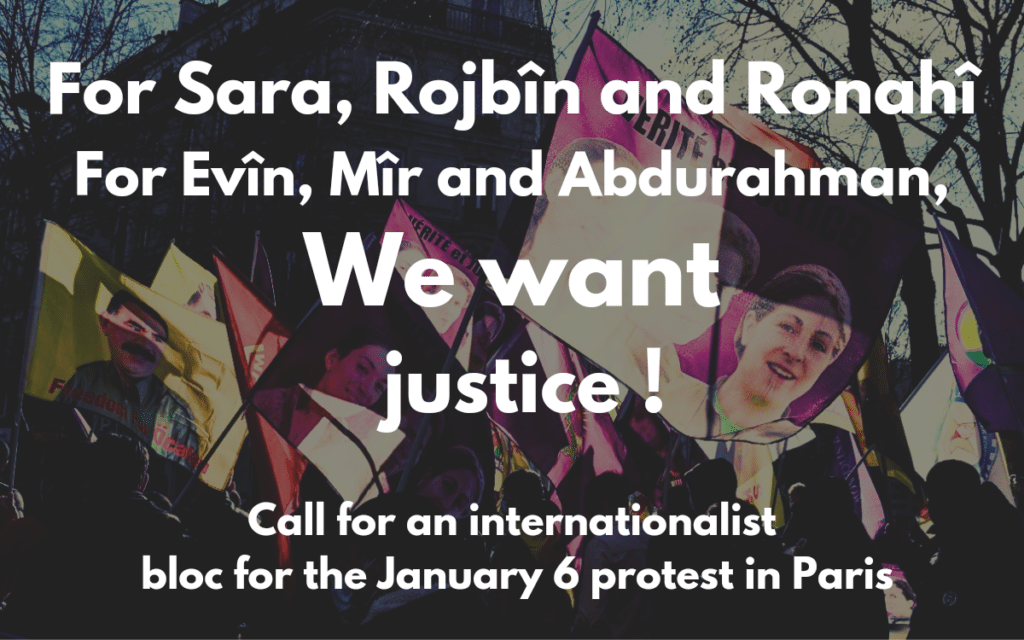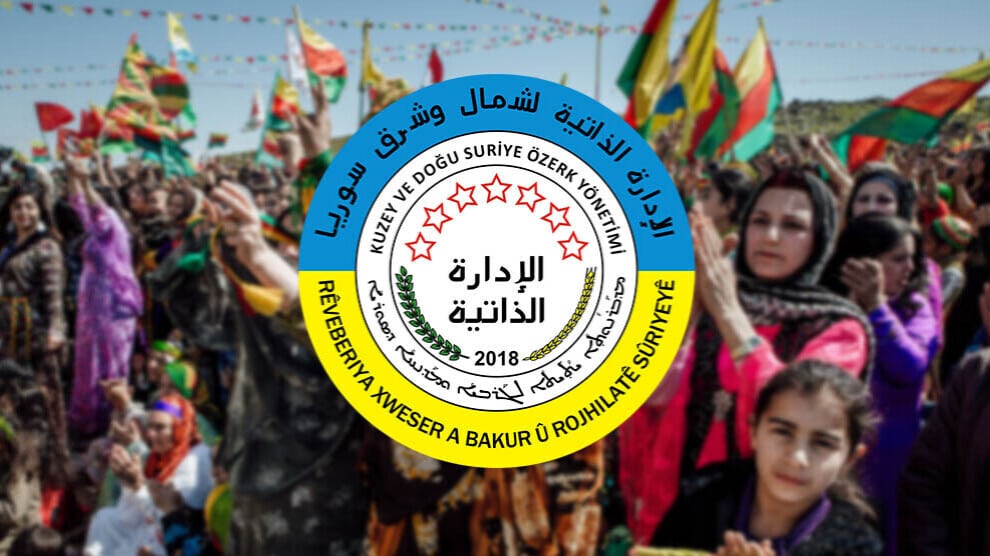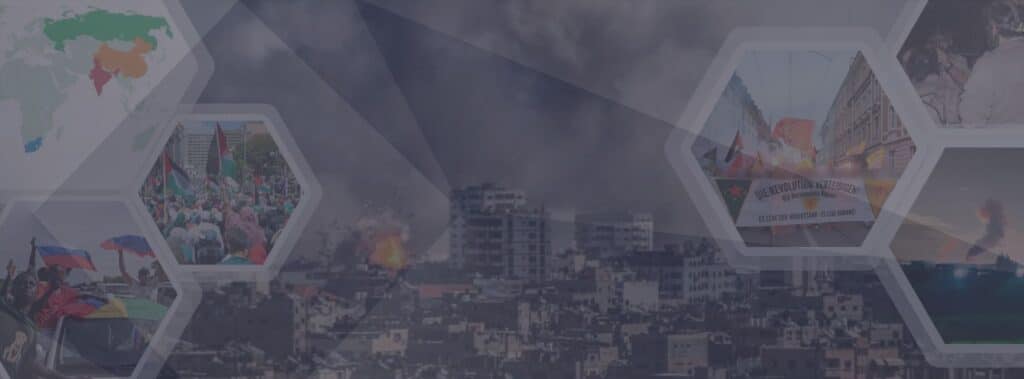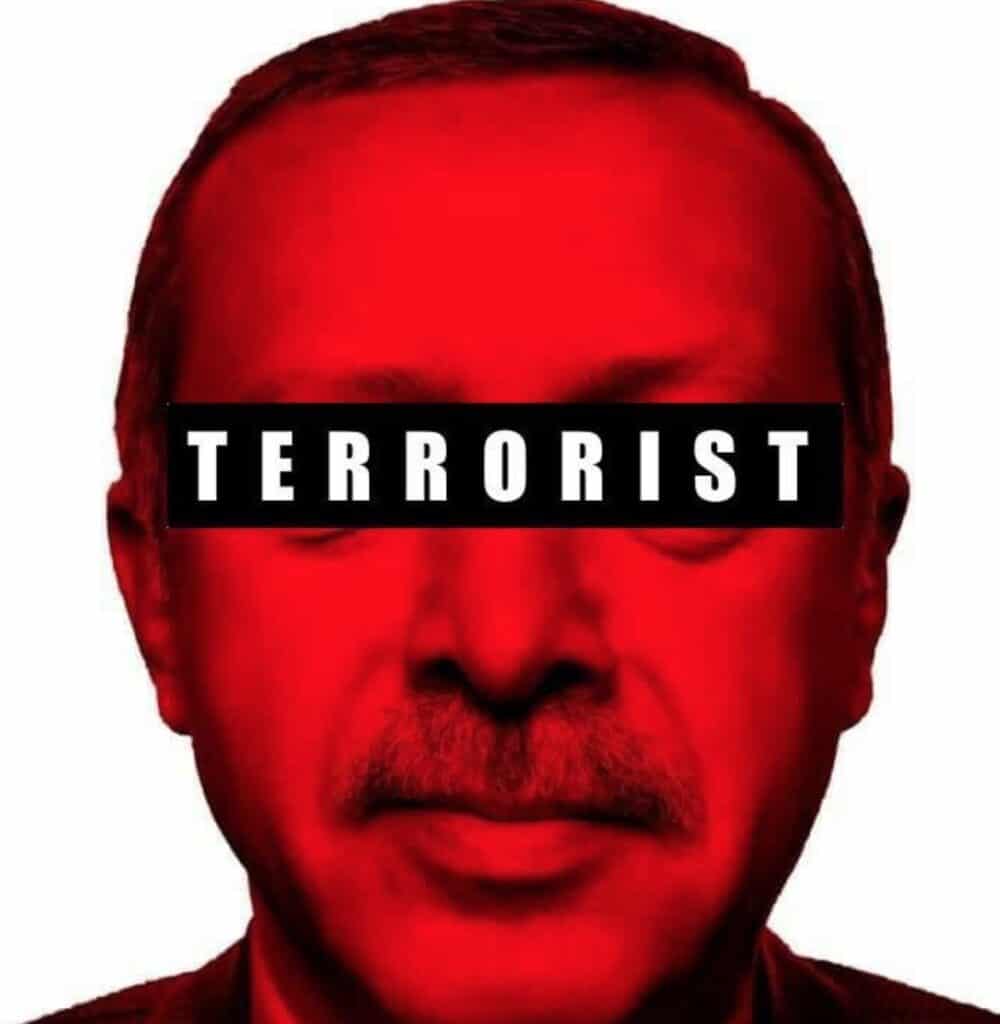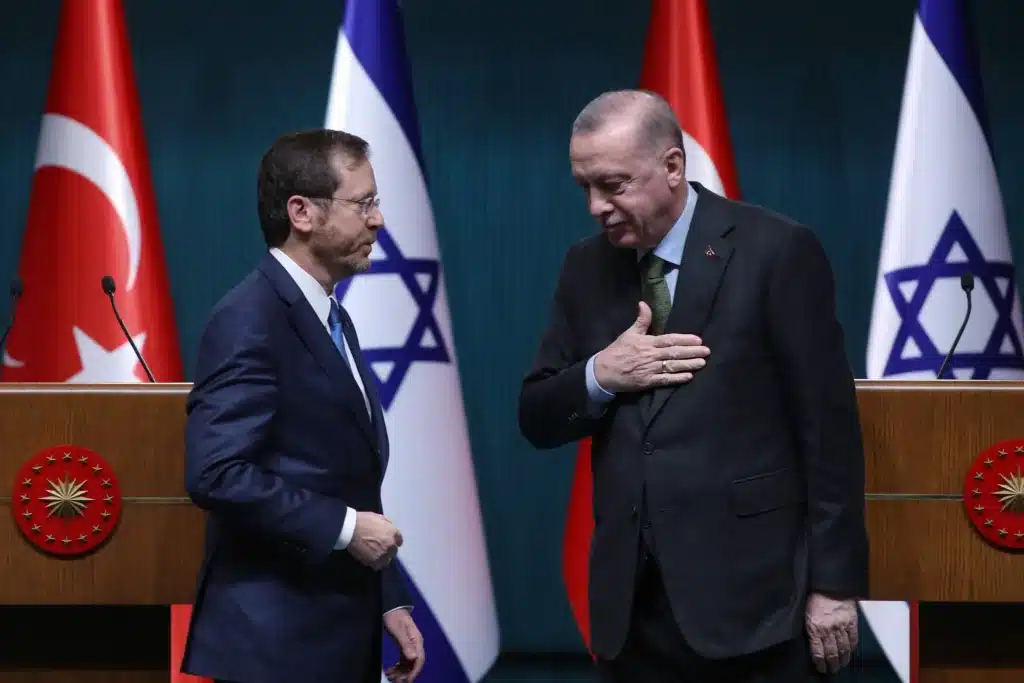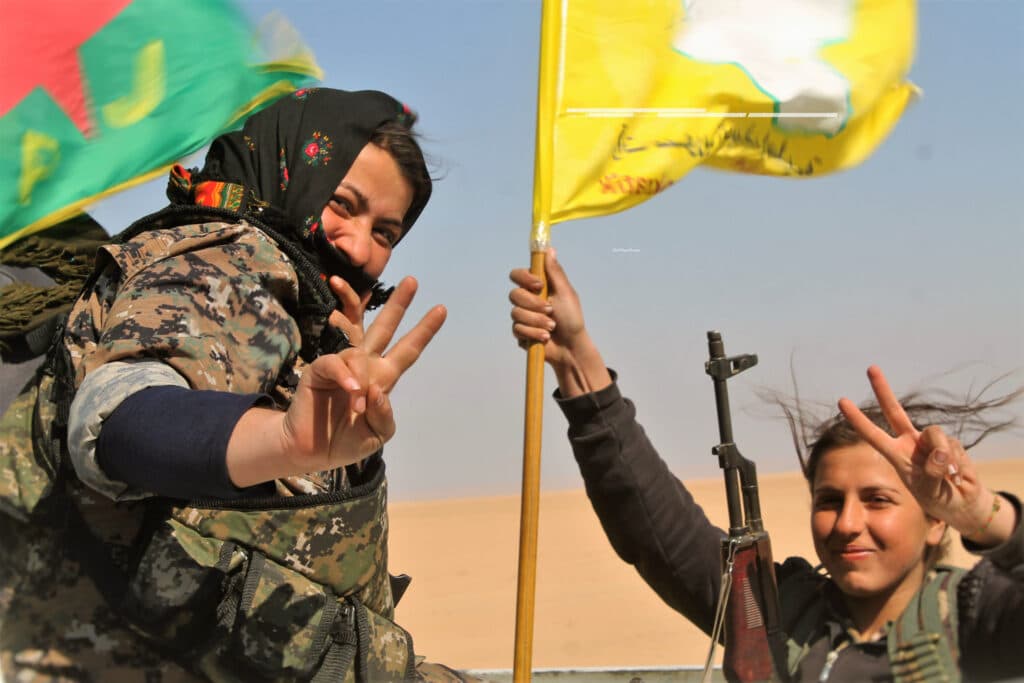Truth and justice!
Eleven years have passed since comrades Sakine Cansız (Sara), Fidan Doğan (Rojbîn) and Leyla Şaylemez (Ronahî) were murdered in cold blood by a Turkish secret service agent on January 9, 2013. Sara, founder of the PKK, tireless resistance fighter in prison and emblematic figure of the women’s movement; Rojbîn, responsible for the Kurdish movement’s diplomacy in France, organizer of international solidarity; Ronahî, activist of the youth movement, who became a symbol of young women’s insubordination to colonial rule. There is no doubt that this bloody act was ordered by Turkish dictator Reccep Tayip Erdoğan. The assassin, Ömer Güney, acted under the direct instructions of senior members of the Turkish government and its intelligence apparatus, as evidenced by an audio recording of a conversation between the assassin and MIT agents, as well as notes from these same services. Yet neither the French justice system nor any of the responsible European institutions have shed any light on this dark crime.
Truth and justice! Read More »

